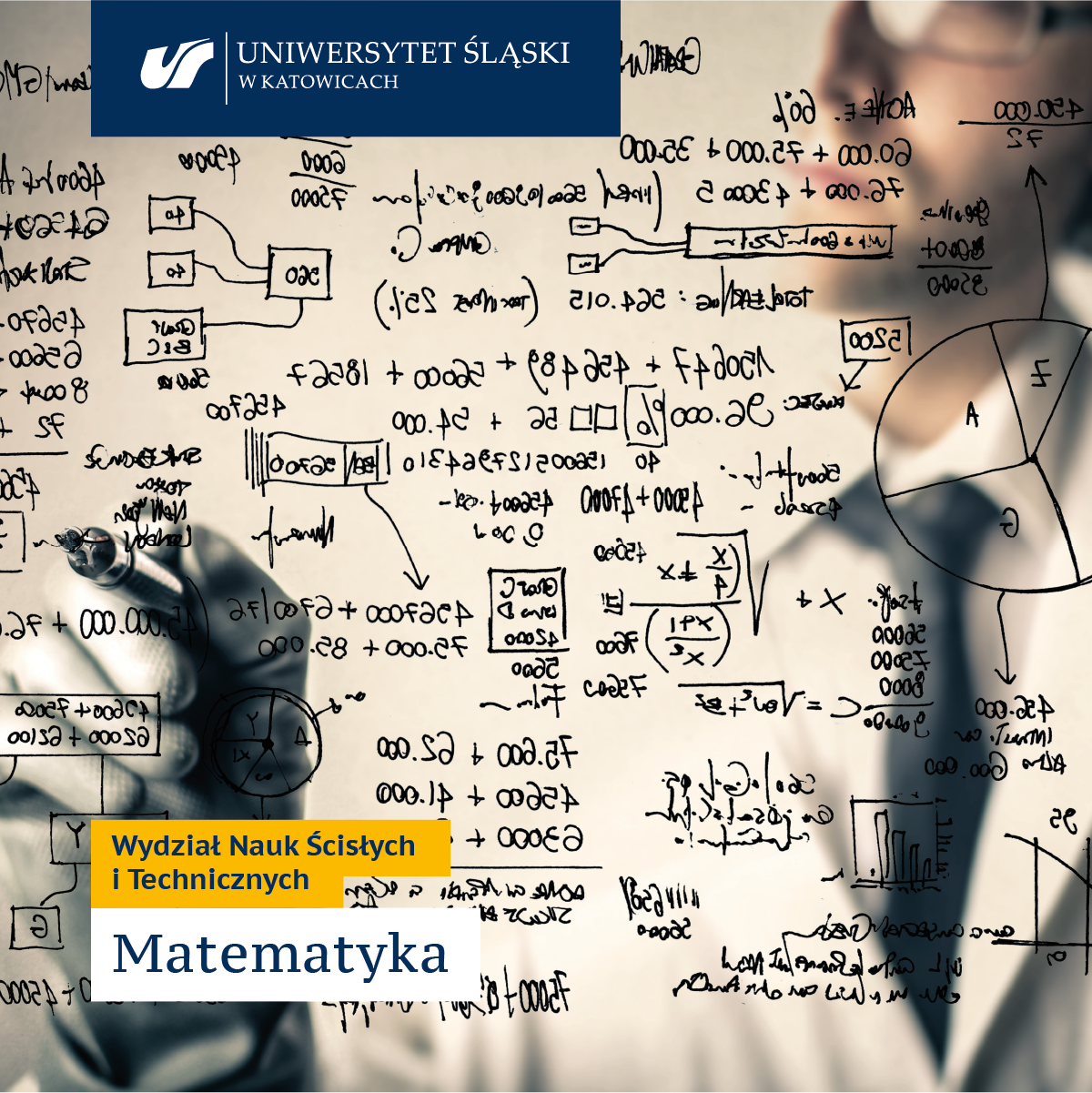„Maths is illogical”
SCIENCE | MY PASSION
According to the definition taken from the Polish Language Dictionary, science is complete human knowledge arranged into a system of problems, but also a set of ideas that constitute a systematic whole and comprise a specific research field.
Science is also activity: learning and teaching.
Please read the “Science | My Passion” series, where our researchers present their work and show that science and research process can really draw us in.

|text: Kinga Baranowicz, student of the Mathematics degree programme|
|Łukasz Dawidowski, PhD, tutor|
|This article was written for the Logic Workshop|
Maths is illogical
Mathematics is a field of science with strict and clearly defined principles and axioms. In simple words, something is either true or false with nothing in between, but only on its surface. Only after we decide to take a deep dive into it are we able to explore its more undiscovered and unexpected areas (one of them is mathematical logic, a relatively young field having much more to be discovered), which seem to defy all the imposed ‘logical’ principles and even using common sense, they appear to be nonsense.
Our private mathematical journey starts from an early age. The most important and fundamental mathematical principles are taught in primary school; we are introduced to all primitive notions such as line or Euclidean plane, which—despite being hard to define—are rather clear, straightforward, and therefore logical. We keep our feet on the ground until the lift-off that starts in secondary school when advanced maths teaches us ideas and concepts that are not always useful in our daily lives or smuggles the names of great mathematicians such as Bernoulli or Peano. We do not pay particular attention to these, but they emerge, and we are in for a bumpy mathematical ride. Although the concepts we encounter are of questionable utility, everything has its order, a specifically and meticulously set course of actions and rules; mathematics is an exact science, after all…
The first difficult thing to do is to step out of the cosy comfort zone telling us that mathematics is logical while dealing with the fact that there are as many natural numbers as integer numbers when—logically—there should be twice as many of them. Once we comprehend the Infinite Hotel Paradox along with other fundamental information contained in the subject aptly called ‘An Introduction to Mathematics’, it turns out that the more we learn, the more we seem to deviate from these safe norms adopted by our ancestors and reach many matters of dispute and subjectivism to eventually use one of the most logical areas of knowledge – faith.
If we want to say that something in mathematics is true, we have to prove it in a proper way. As a matter of fact, it is not as simple as we may think, which is ironically proven by an extensive number of paradoxes, e.g. Russell’s paradox or Richard’s paradox. It only shows that mathematics is not yet and is likely to never be coherent, despite the development of science.
As if all this was not bad enough, we may encounter an additional problem: some mathematical problems are still unsolved, for instance, the Collatz conjecture.
It provides for repeating two simple arithmetic operations consisting of natural numbers where c1=c0/2 for even numbers and c1=3*c0+1 for odd numbers. Regardless of what c0 belonging to the natural numbers we choose, the sequence will eventually fall into the cycle of 4,2,1.
Despite the unsophisticated nature of the problem, it has not yet been proven, but there are many hypotheses and attempts to deny it. The example shows that mathematics encounters problems that cannot be solved by saying these are true or false, which may be used as leverage to undermine it.
Just think about how interesting it is that we can find many more unsolved problems in nearly every field of mathematics. There are even books with problems meant to be solved, e.g. the Scottish Book used by mathematicians of the Lwów School of Mathematics in Poland. These problems are usually presented as hypotheses; although it is very likely that they are true, there is not enough proof to confirm them. Consequently, some mathematicians treat them as true, whereas some assume these are false, which only shows that mathematics is not as strictly defined as one may think. Ultimately, the presented dualism contradicts one of the most fundamental logical principles stating that something can either be true or false.
At first glance, mathematics seems to be logical but this feeling fades away the deeper we delve into it; the silver lining is that after we learn to go beyond the limits we have set for ourselves, it becomes a bit easier to understand.
I consider maths to be more like art; it operates on the basis of immensely important foundations but the real miracles begin to happen when we start breaking the rules, thinking outside the box, and stepping out of the comfort zone. It is even more interesting that—at some point—both mathematics and art reach the same level of abstraction that reaches beyond any reason and escapes the logic of any mere mortals.






